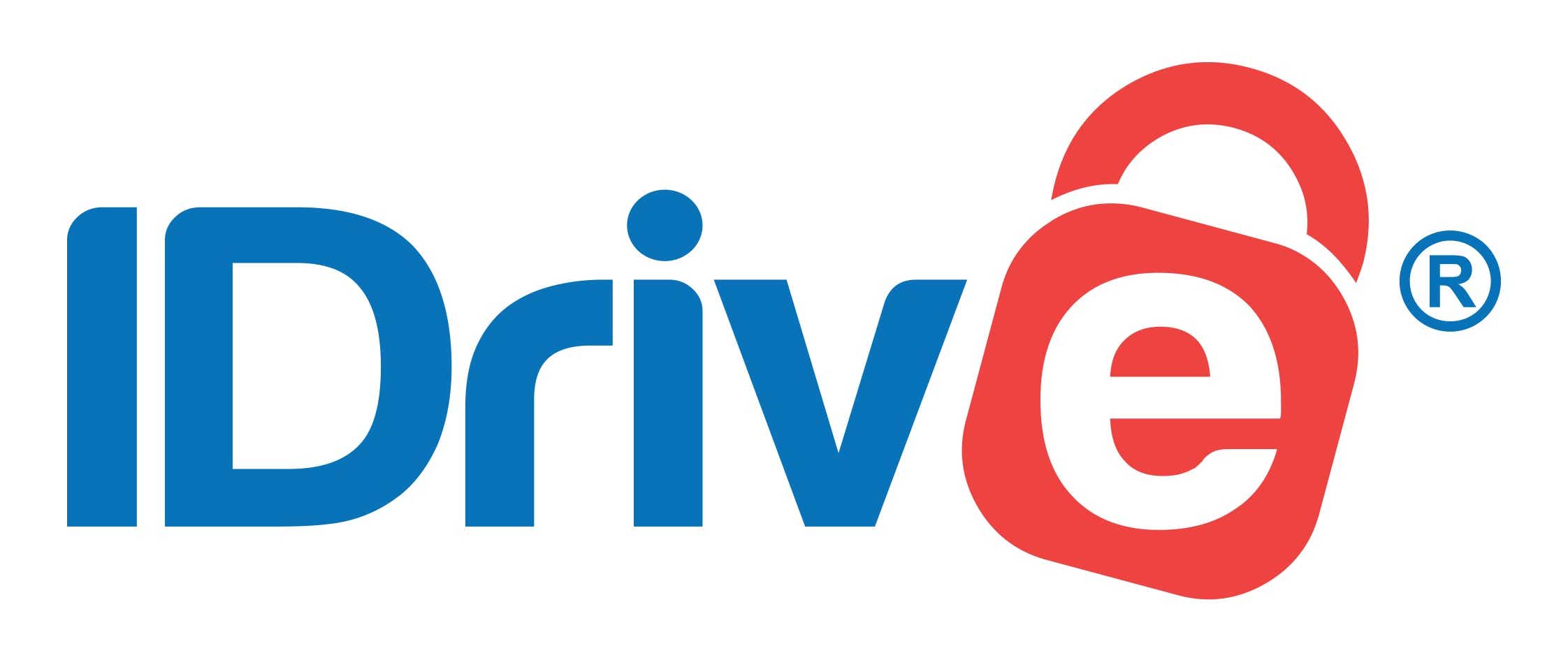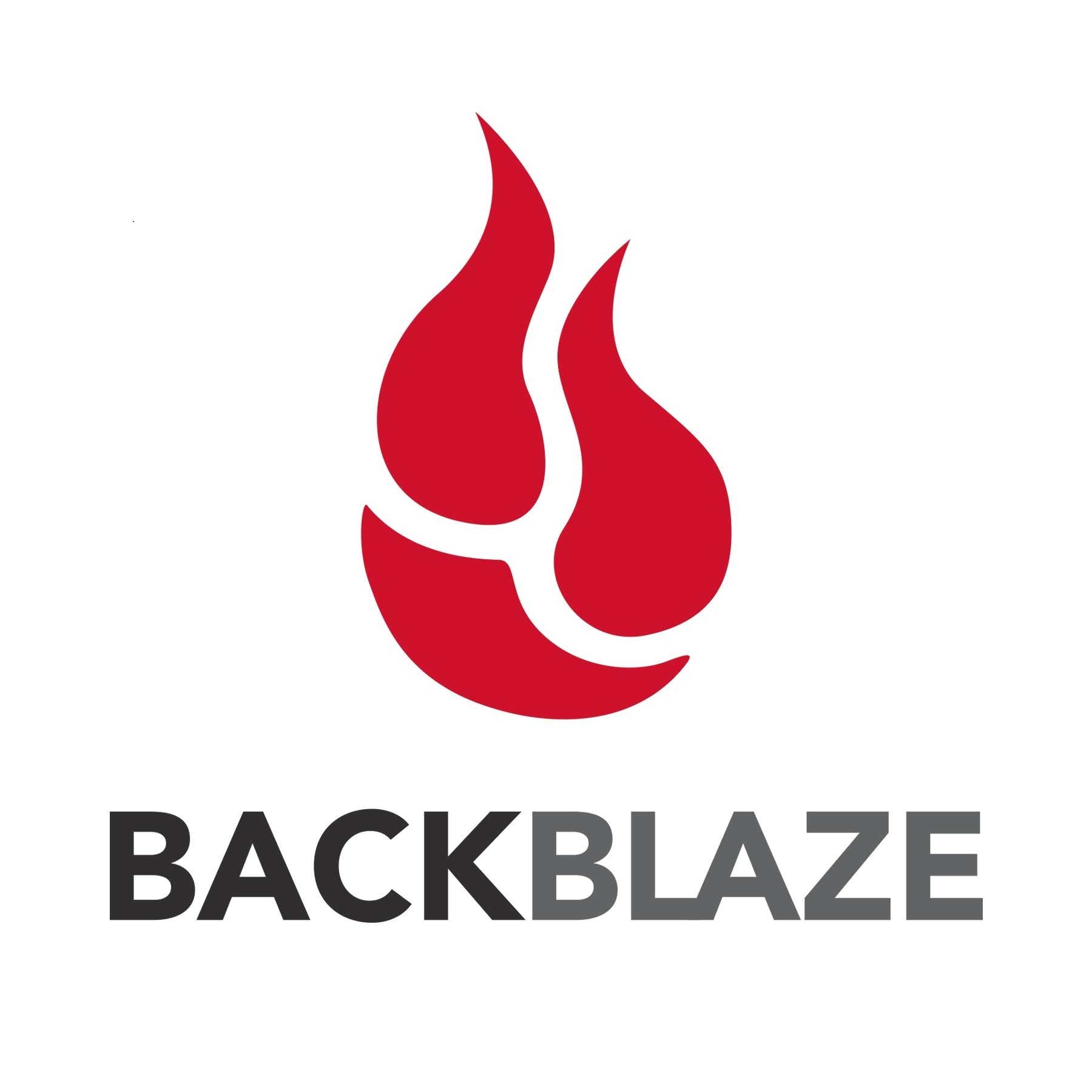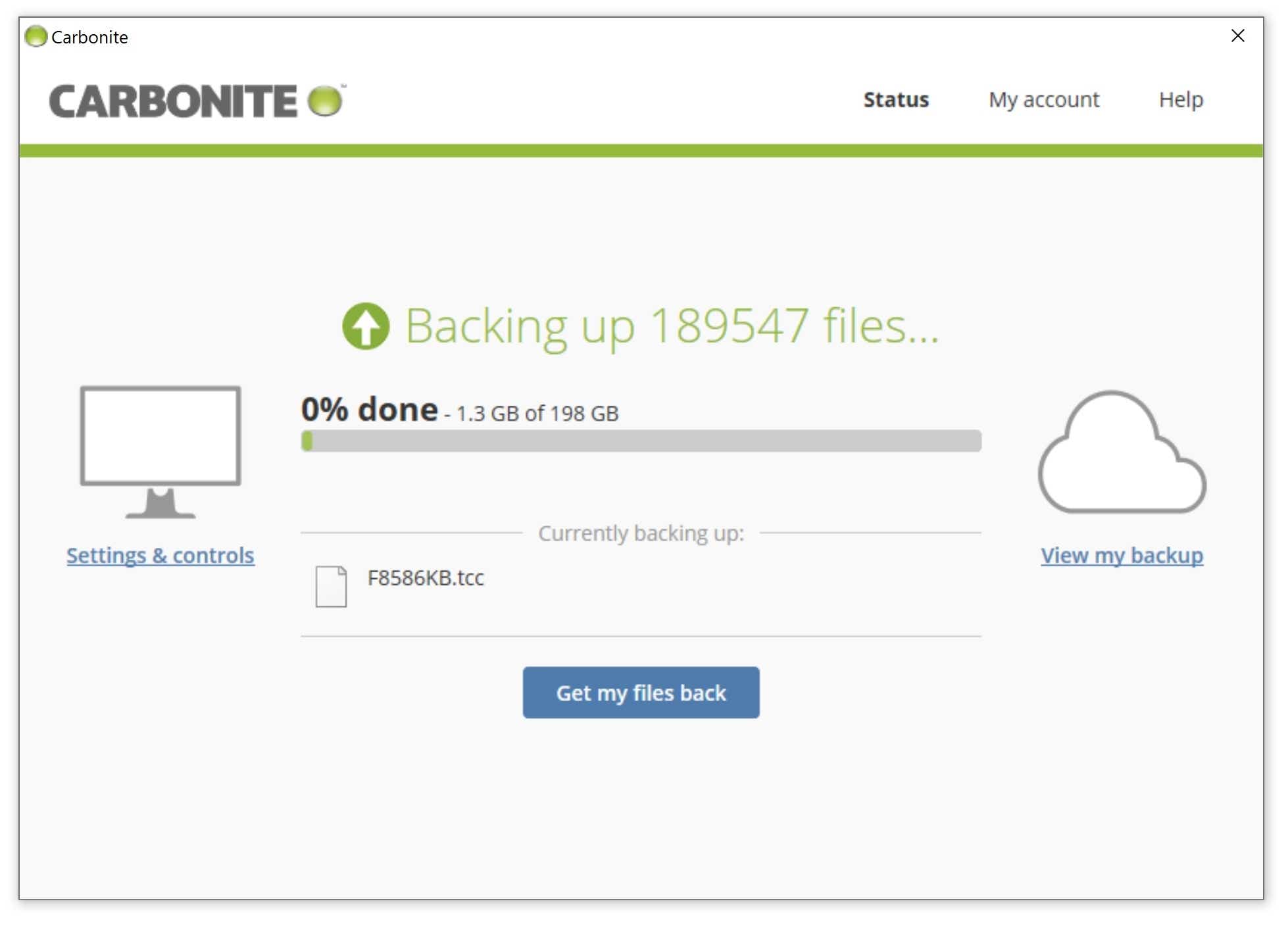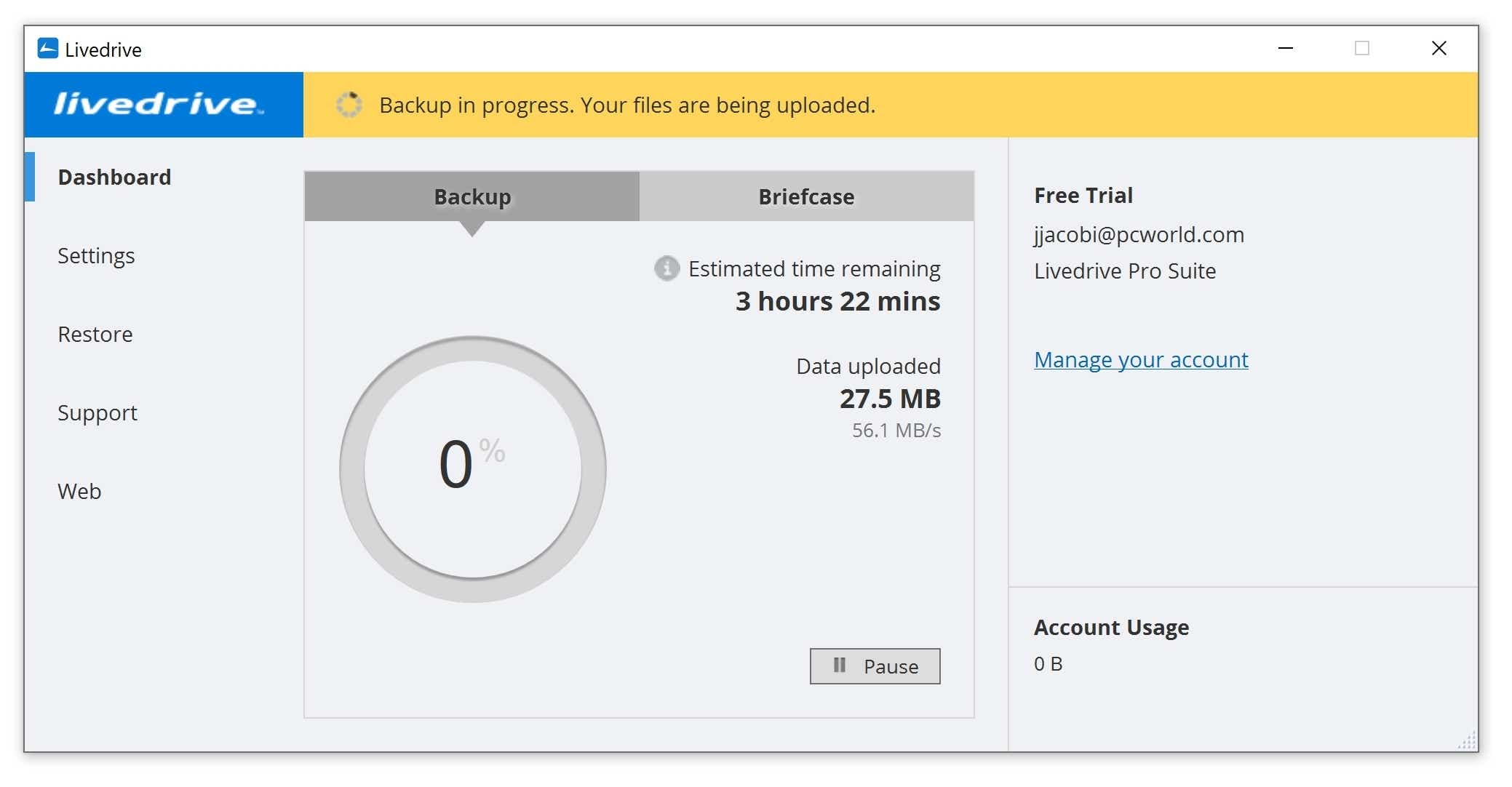Online backup is essential protection against physical data disasters. Whether it’s an act of malice or an act of nature, you never know when a problem will threaten every file and folder you’ve stored on your PC.
While we always recommend keeping a local backup for quick restores (see our roundup of the best Windows backup software for desktop solutions), uploading your data to an online backup service can be a reliable way to cover your bases. That’s why we’ve put together a list of the best cloud backup services.
The good news for consumers is that all of the top online backup services we’ve reviewed this year are exceptional products. But while all competitors received the same verdict, each product has its own unique selling point. Our main concern here is backup, but we look at other functions that a service can fulfill, such as sharing, multi-device support, and emergency restore options.
Below our picks, check out how we tested the services and information on how to choose the best backup service for you.
1. iDrive Online Cloud Backup – Best Overall

pros
- Online and local backup in the same job
- Supports multiple PCs and devices on the same account
cons
- One of the most expensive services besides the free version, although with good reason
Just like when we originally reviewed all the major online backup services, iDrive remains the most comprehensive online backup service. And while it’s not the cheapest, it’s still affordable and comes with backup clients for almost every PC and device. The company also provides additional storage to sync all your devices and PCs, lets you share files with anyone, and has the ability to back up to a local drive.
iDrive has two personal plans that cover a user with unlimited computers and devices: a 5TB plan for $59.62 for the first year (or $119.25 for two years) and $79.50 each year. Following; and a 10TB plan for $74.62 for the first year (or $149.25 for two years) and $99.50 each year thereafter. A Team plan can span 5, 10, 25, 30 or 35 users, with an equivalent number of devices and terabytes of storage; prices range from $74.62 to $524.62 for the first year.
Read our full review of iDrive Online Cloud Backup
2. Backblaze – Best budget option

pros
- Very affordable for unlimited backup
- Unlimited storage for one PC
- almost infallible
cons
- No sync services or other niceties
If you’re not sure what you want to back up, or where it is, or just don’t want the pressure of trying to figure it all out, Backblaze is the online backup service for you. It gives you unlimited storage and backs up everything except items you explicitly delete. Given all that, it’s ridiculously cheap compared to the competition: $7 a month, $70 a year, or $130 for two years for unlimited storage. By computer. That’s it. It’s the same for business PCs.
Read our full Backblaze review
3. Carbonite Safe – More simplified

pros
- Automatically selects the most important files
- Integrates with Windows Explorer for backup selection and status
- unlimited data
Carbonite Safe is, in its own way, as simple as Backblaze. The only real difference is that Carbonite doesn’t back up everything by default. It selects what it thinks you need to back up and leaves the rest to you. It is very successful to select data if you use the default locations (My Documents, etc.), so most users will not need to provide additional entries.
The price of elegance is a little higher: Basic online-only backup is $72 for one computer for one year, $136.78 for two years, and $194.37 for three. If you want to duplicate the backup to a local hard drive and back up videos, then you’re talking $111.99, $212.78, and $302.37 respectively. If you want the ability to recover your data via a hard drive shipped to you (much faster than downloading when there is a lot of data), the fee increases to $149.99, $284.98, and $404 .97, respectively.
Read our full review from Carbonite Safereview
4. Livedrive – More polished

pros
- Flawless setup and client interface
- good performance
- syncing folder
If you don’t mind paying a premium for your online backup, Livedrive will reward your investment with its elegant setup, minimalist interface and excellent operation. There is something to be said for how comforting it can be to use a product that is artistically designed and executed. This is especially true for an online backup service. When it comes to mission-critical operations, a bug-free experience brings peace of mind. If you value impeccability, Livedrive is an excellent choice for online backup. Standard Backup plan for one PC and unlimited storage costs $89.90 for the first year and $107.88 per year thereafter; a Pro Suite covering 5 machines costs $240 for the first year and $300 for subsequent years.
Read our full Livedrive Online Backup Review
how we test
As noted above, the performance of online backup services varies greatly depending on your location and the network equipment between you and the data repository. We installed the software and backed up the same 2GB dataset to check for any major issues or failures in the client software. These are noted in the reviews.
How to choose an online storage and backup service
Cloud backup has unique considerations. Familiarizing yourself with the following key areas can help you find the cloud backup service that best suits your needs.
Capacity
Of course, you’ll need as much storage as you need data, plus a little, or possibly a lot, more if you want to track changes and save previous versions of files. Some services maintain multiple versions of files, others do not. In many cases, there is a time limit.
Price
Almost all online services charge for a maximum allowable amount of data, and uploads are usually free. Aside from the free tiers available on a service like Dropbox, pricing is pretty consistent across services, though you definitely get more capacity for your money from some providers, most notably Backblaze.
Features
As we mentioned earlier, in addition to backup, you can share your files with others, work with them on mobile devices, or even edit them with office apps such as those available on Dropbox, Google and OneDrive. If you intend to work online, we recommend that you keep a local copy as a backup and Internet downtime protection.
OS and device support
Most services provide client backup software for major operating systems (Linux, OS X and Windows) and Android and iOS. Make sure the service you sign up for is compatible with your entire range of computers and devices.
Privacy
If you’re concerned about the privacy of your data, make sure you use a service that allows you to use a personal encryption key that you set. DON’T miss it, because it’s absolutely necessary to restore your data. Unfortunately, using your own key often limits the types of services (eg no mobile backup) available.
If private encryption keys are not available, read the privacy policy, especially with free services — there are significant differences.
Common questions
How reliable is cloud backup?
Generally speaking, data centers are fully backed up, and some of the larger ones even back up in different geographic locations. Availability (we expect 24/7) can also be important. Check outage news and the provider’s own service blogs. In fact, all the services we know of are almost 100% reliable.
What speed and data transfer rates should I look for?
Speed, in many cases, depends much more on your broadband connection than on the online service, although the geographic location of the storage and the equipment between them can make a significant difference. Check the location of the data servers if speed is important to you. Or just give the test a try and see if you can live with it.
How often should you schedule backups?
Ideally, you should back up your data as often as possible. This is especially true if you’re working on an important project or have data you can’t afford to lose. It’s a good idea to automate the backup process and have the cloud service back up your data every hour.
What is the difference between cloud backup services and services like Google Drive, Dropbox and OneDrive?
Services like Google Drive, Dropbox and OneDrive are considered cloud store Services. This means that a user must put their files or data into the service’s cloud manually. These storage services usually offer a free version with limited storage or a paid version with increased capacity. They may also come with basic services like automatic cloud backup and file version synchronization.
A cloud backup service provides continuous versioning and backup of all file history on your device. They will continuously and automatically back up all specified files on a device. Cloud backup service providers also offer additional data security measures such as end-to-end encryption.
Is it safe to store my data online?
Yea! All cloud backup services offer encryption of your data both during transfer to and from your computer and while your data is stored on the provider’s servers.
While this encryption prevents others from viewing your data, it does not necessarily prevent them from stealing it. But rest assured that the level of security against theft with these services likely rivals that of your own device. Overall, while not foolproof, cloud backup services are one of the safest options for storing your data.









